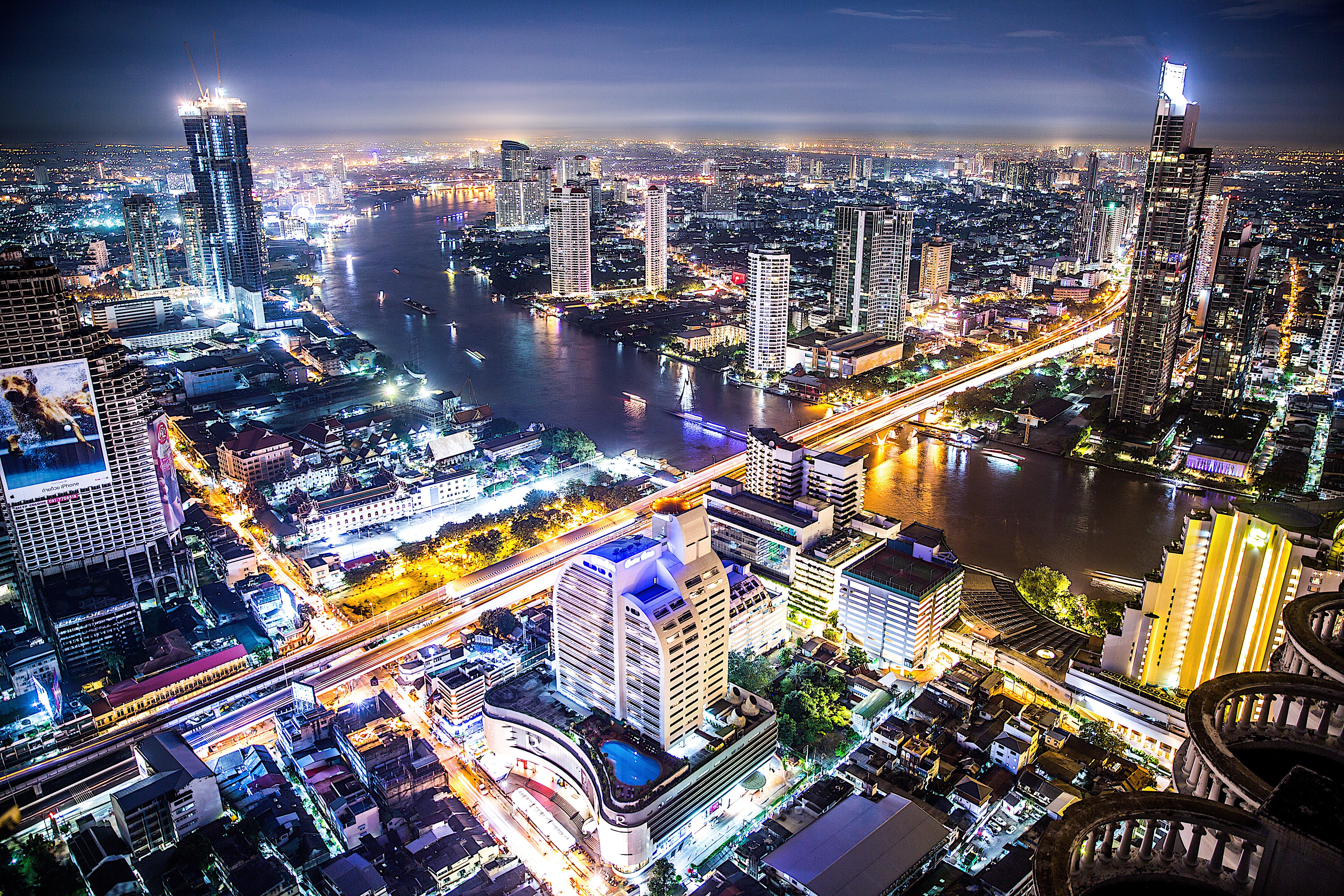Thailand’s government is studying ways to tighten its control over its citizens’ activity on social media, as Prime Minister Prayuth Chan-o-cha ordered his cabinet to research how other countries are regulating online content, specifically citing India as a case to be examined, according to a report by Thai Rath on Tuesday.
Government spokesperson Anucha Buraphachaisri said during a press conference after the cabinet meeting on Tuesday that the prime minister cited new legislation in India that holds companies like Twitter and Facebook responsible for user-posted content. Prayuth said his ministers should also study people who have amassed large online followings, and mused that it takes too long to file lawsuits under Thailand’s existing laws, according to Thai Rath.
The news comes at a time when Southeast Asian countries plan to exert tighter control over cyberspace, in part by holding big tech companies accountable for the content that is hosted online. India rolled out a new law on February 25 requiring social media platforms to remove content that is deemed illegal or infringes upon “the interest of the sovereignty and integrity of India, security of the state, and friendly relations with foreign states,” according to a copy of the guidelines published on intelligence platform Mondaq.
Thailand’s lèse majesté law prohibits defamation against the monarchy and carries a punishment of up to 15 years in jail. However, in recent years, the government has repeatedly invoked the Computer Crime Act to prosecute critics and detractors of the royal family who expressed their views online.
The Computer Crime Act has been used to target social media companies, including Facebook, YouTube, and Twitter as well. Thai courts have issued orders to the platforms to take down content that is regarded as defamatory toward the royal family or infringes copyrights. Breaching the law carries a financial penalty of up to BHT 200,000 (USD 6,400), plus a daily fine of BHT 5,000 (USD 160) until the content is removed.
The government is also extending its control over Clubhouse, an audio-only social networking platform that has gained popularity among Thais since February, after high-profile political activists joined the platform. The Digital Economy and Society (DES) minister, Buddhipongse Punnakanta, urged Thai citizens to comply with the nation’s laws while using the app, according to a report by the Bangkok Postin February.
“If people abuse the app and violate the rights of other people and cause damage, they will be held responsible under the Computer-Related Crime Act and other laws,” the DES minister said in a statement.
Read this: Informants, ‘show-offs,’ and cyber police—all in a day for Clubhouse users in Southeast Asia
